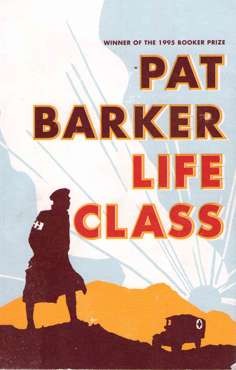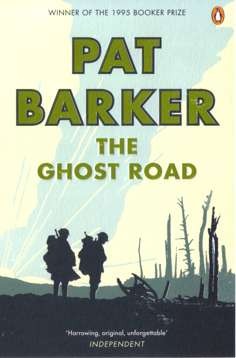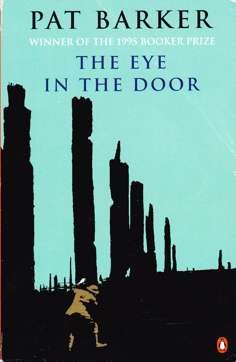
Book review: Noonday by Pat Barker sets personal conflicts against global ones, with the brilliance you’d expect
Booker winner returns to the second world war years in the final novel of her latest trilogy


by Pat Barker
Doubleday
3/5 stars
Dan Cryer
Pat Barker’s magnificent “Regeneration” trilogy represents the high-water mark, in recent times, of fictional accounts of the first world war. Regeneration, The Eye in the Door and the Booker prize-winning The Ghost Road made for eerie, heart-stopping evocations of the war’s devastating effects on soldiers and civilians alike. This was British fiction at its best.



Barker is very good at depicting a cityscape of devastated and burning buildings, and Britons anguished and stunned, or gamely trying to carry on. The Blitz serves as backdrop for what is Barker’s central drama: Elinor’s determination to be her own person while two men vie for her love. She not only wants to be taken seriously as an artist, but to live with courage and independence. It’s Kit who truly loves her, while Paul takes her for granted.
The past haunts all three of Barker’s characters, just as the present demands of war reveal in stark relief what they are made of.
Tribune News Service